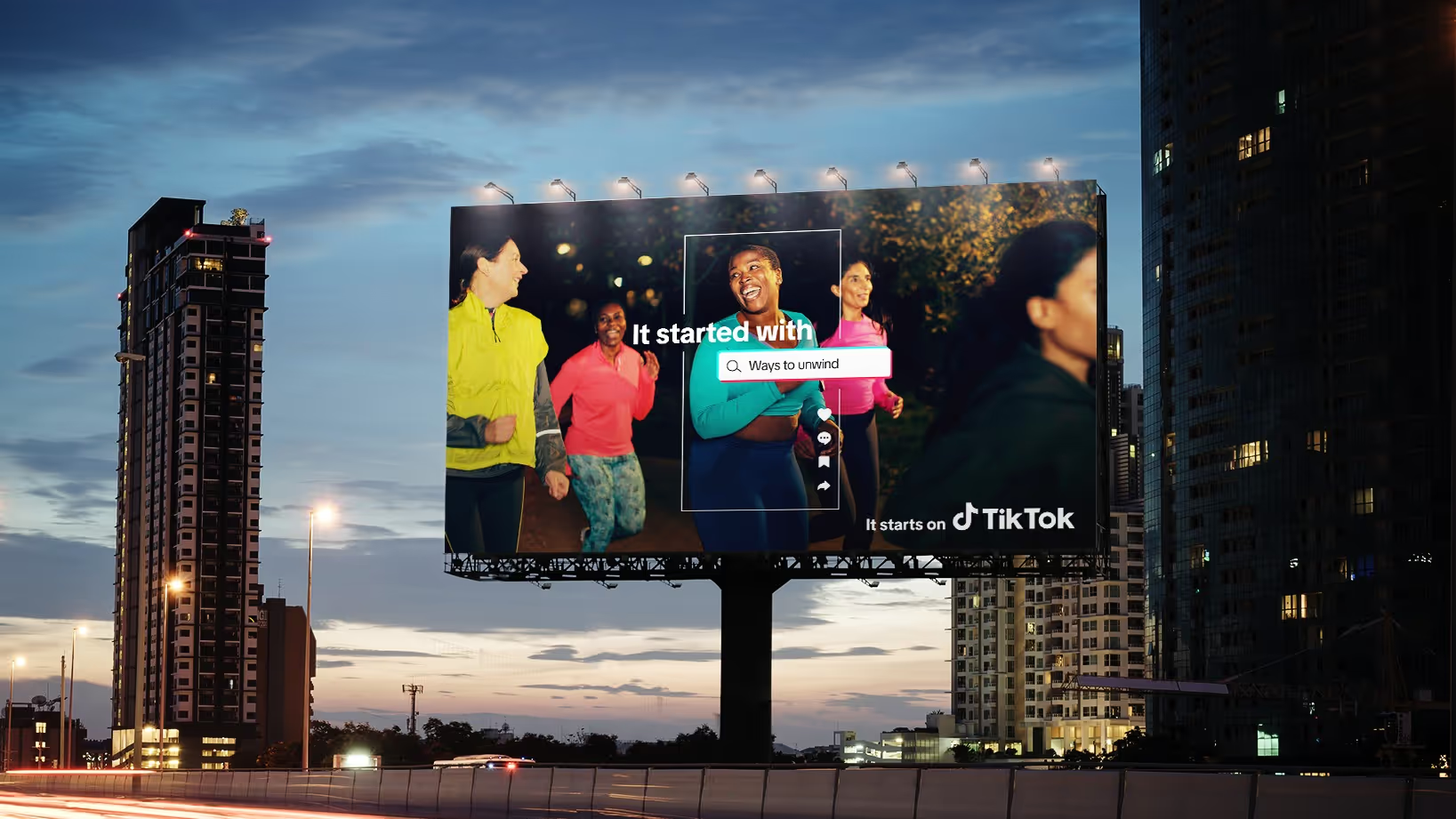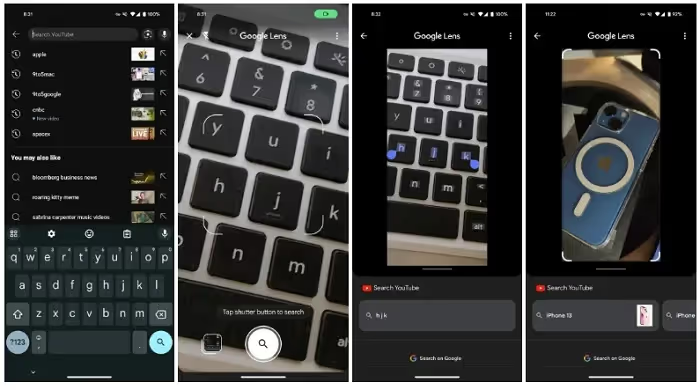What To Do When Your Facebook Ad Account Is Disabled

In today's digital age, Facebook has become a powerful platform for businesses to reach their target audience. With its extensive advertising options, many businesses have leveraged Facebook ads to drive traffic, increase brand awareness, and boost sales.However, what happens when your Facebook ad account is suddenly disabled? This article aims to guide you through the necessary steps to take when faced with this unfortunate situation.
Understanding Facebook's Ad Policies
Before diving into the steps for dealing with a disabled ad account, it's crucial to understand Facebook's ad policies. These policies are in place to ensure a safe and trustworthy environment for users. Familiarize yourself with Facebook's Advertising Policies, as they outline the do's and don'ts when it comes to ad content and targeting options.Facebook's Advertising Policies are designed to maintain a high standard of quality and integrity in the ads that are displayed on the platform. These policies cover a wide range of topics, including prohibited content, prohibited practices, and prohibited products or services. It is important to review and understand these policies thoroughly to ensure that your ads comply with them.One of the key aspects of Facebook's ad policies is the prohibition of hate speech. Facebook takes a strong stance against any form of hate speech and does not allow ads that promote or incite hatred, discrimination, or violence based on factors such as race, ethnicity, religion, gender, or sexual orientation. This policy is in place to create a safe and inclusive environment for all users.Another important aspect of Facebook's ad policies is the prohibition of adult content. Facebook aims to provide a family-friendly platform, and therefore, ads that contain explicit or adult content are not allowed. This includes ads that promote pornography, sexual services, or adult products.In addition to hate speech and adult content, Facebook also prohibits ads that engage in deceptive practices. This includes ads that make false claims, mislead users, or promote scams. Facebook wants to ensure that users can trust the ads they see on the platform and that they are not being deceived or taken advantage of.
Common Reasons for Account Disabling
There are several reasons why your ad account may be disabled. Common reasons include violating Facebook's policies on prohibited content such as hate speech, adult content, or scams. Additionally, deceptive practices, repeated policy violations, or suspicious activity can also lead to account disabling.When it comes to hate speech, Facebook takes a zero-tolerance approach. If your ad contains any form of hate speech, it is likely to be flagged and your account may be disabled. It is important to carefully review your ad content and ensure that it does not violate Facebook's policies in this regard.Similarly, if your ad contains adult content or promotes adult products or services, your account may be disabled. Facebook wants to maintain a family-friendly environment, and therefore, it is important to adhere to their guidelines regarding adult content.Deceptive practices, such as making false claims or misleading users, can also result in account disabling. Facebook wants to ensure that the ads on their platform are trustworthy and provide accurate information to users. If your ad is found to be deceptive, your account may be disabled as a result.Repeated policy violations can also lead to account disabling. If you have received warnings or penalties in the past for violating Facebook's ad policies and continue to do so, your account may be disabled as a consequence. It is important to learn from any previous violations and make sure that your future ads comply with the policies.Suspicious activity on your ad account can also trigger a disabling. If Facebook detects any unusual or suspicious behaviour, such as unusual spending patterns or unauthorised access, they may disable your account to protect your security and the integrity of the platform.
The Role of Facebook's Community Standards
Facebook's Community Standards play an integral role in account disabling. These standards define what is acceptable and unacceptable behaviour on the platform. It's essential to ensure that your ad content aligns with these community norms to avoid account disabling.The Community Standards cover a wide range of topics, including hate speech, violence and criminal behaviour, nudity and sexual activity, and dangerous organisations. By adhering to these standards, you can ensure that your ads are in line with Facebook's guidelines and avoid any potential issues that may lead to account disabling.Facebook's Community Standards are designed to create a safe and respectful environment for all users. They aim to prevent harassment, bullying, and the spread of harmful content. By familiarising yourself with these standards and incorporating them into your ad content, you can contribute to a positive and inclusive online community.It is important to note that Facebook's ad policies and Community Standards may evolve over time. It is recommended to regularly review these guidelines to stay up to date with any changes or updates that may affect your ad account. By staying informed and compliant, you can ensure the longevity and success of your Facebook advertising efforts.
Steps to Take Immediately After Account Disabling
Once you discover that your Facebook ad account has been disabled, it's crucial to act swiftly. You can reach out to our team if you are still having issues after taking the below steps. Contact us hereTaking immediate action can help minimise any potential negative impacts on your business. Here are the steps you should take:
Reviewing Your Ad Content
The first step is to review your ad content thoroughly. Look for any potential policy violations or content that may have triggered the disabling. Analyse your ad images, text, landing pages, and any other associated elements. Be meticulous in identifying any possible issues.During the review process, pay close attention to the language used in your ad text. Ensure that it complies with Facebook's guidelines and does not contain any misleading or deceptive statements. Additionally, examine the images used in your ads to ensure they are appropriate and do not violate any copyright or intellectual property rights.Furthermore, take the time to carefully evaluate your landing pages. Make sure they provide a clear and accurate representation of your products or services. Check for any discrepancies between your ad content and the information presented on your landing pages.
Identifying Potential Policy Violations
Next, carefully compare your ad content to Facebook's Advertising Policies. Look for any areas where you may have unknowingly violated these guidelines. It's essential to fully understand the policy violations to prevent similar issues in the future.Facebook's Advertising Policies cover various aspects, including prohibited content, restricted content, and community standards. Take the time to familiarise yourself with these policies to ensure compliance. Pay attention to specific guidelines related to sensitive topics such as alcohol, tobacco, gambling, and adult content.Additionally, be aware of any recent updates or changes to Facebook's policies. The platform regularly updates its guidelines to adapt to evolving trends and user expectations. Staying informed about these changes can help you avoid unintentional policy violations.Consider seeking professional advice or consulting with a Facebook Ads expert if you are unsure about any specific policy guidelines. They can provide valuable insights and help you navigate the complex landscape of Facebook advertising regulations.Remember, prevention is key. By proactively reviewing your ad content and understanding Facebook's policies, you can minimise the risk of future account disabling. Take the necessary steps to ensure compliance and maintain a positive and successful advertising presence on the platform.
The Appeal Process for a Disabled Ad Account
After reviewing your ad content and identifying potential violations, you can proceed with the appeal process. This gives you the opportunity to explain your situation and provide any necessary clarifications. Follow these steps:When it comes to running ads on Facebook, it's essential to adhere to the platform's policies. However, sometimes mistakes happen, and your ad account may get disabled. But don't worry, Facebook provides an appeal process to give you a chance to rectify the situation.When preparing your appeal, it's crucial to be concise and to the point. Facebook's review team receives numerous appeals daily, so it's important to make your case clear and compelling. Clearly explain the steps you have taken to address any policy violations and ensure that you have rectified the issues that led to the disablement.But words alone might not be enough to convince Facebook. Providing evidence or supporting documentation that demonstrates your commitment to adhering to their policies can make your appeal stronger. This could include screenshots of the changes you made to your ad content or any other relevant information that showcases your dedication to following the rules.
What to Expect During the Appeal Process
Once you submit your appeal, the waiting game begins. Facebook's review team will carefully assess your case and determine whether to reinstate your ad account. It's important to note that the timeline for this process can vary. Some appeals may be resolved within a few days, while others may take longer.During the review, Facebook may request additional information or clarification from you. This is a normal part of the process, and it's crucial to respond promptly. The more cooperative and responsive you are, the smoother the appeal process will be. Make sure to provide any requested details or additional evidence that Facebook may need to make an informed decision.While waiting for the outcome of your appeal, it's important to remain patient. Understand that Facebook's review team is working diligently to assess your case and make a fair judgment. Constantly reaching out to them or bombarding them with messages may not speed up the process and could potentially hinder your chances of a successful appeal.Remember, the appeal process is your opportunity to present your case and demonstrate your commitment to following Facebook's policies. By following the steps outlined and providing relevant information, you increase your chances of having your ad account reinstated.
Preventive Measures to Avoid Future Disabling
While dealing with a disabled ad account is undesirable, you can take preventive measures to avoid encountering similar issues in the future. Implement the following practices:
Best Practices for Ad Content
Always ensure your ad content aligns with Facebook's policies. Familiarize yourself with the dos and don'ts and stay up to date with any changes in the guidelines. Focus on creating high-quality, relevant, and engaging ad content that resonates with your target audience.
Regular Monitoring and Auditing of Your Ad Account
Regularly monitor your ad account for any policy violations or suspicious activities. Conduct periodic audits of your ad content to ensure compliance with Facebook's policies. This proactive approach will help you catch any potential issues before they lead to account disabling.
Navigating Facebook Ads Without an Account
In the unfortunate event that your ad account remains disabled despite your best efforts, there are alternative ways to leverage Facebook's marketing potential:
Alternatives to Facebook Ads
Explore other advertising platforms and channels to promote your business. Consider platforms like Google Ads, Instagram Ads, or LinkedIn Ads. Each platform offers unique targeting options that can help you reach your desired audience.
Leveraging Other Facebook Features for Marketing
While you may not have full access to Facebook's ad functionality, you can still leverage other features to market your business. Engage with your audience through organic posts, create an active Facebook business page, and utilise Facebook Groups to build a community around your brand.Although facing a disabled Facebook ad account can be challenging, it's essential to remain proactive and take appropriate steps to resolve the issue. By understanding Facebook's ad policies, going through the appeal process if needed, and implementing preventive measures, you can continue to leverage social media marketing effectively and ensure your business's growth and success.

.avif)



